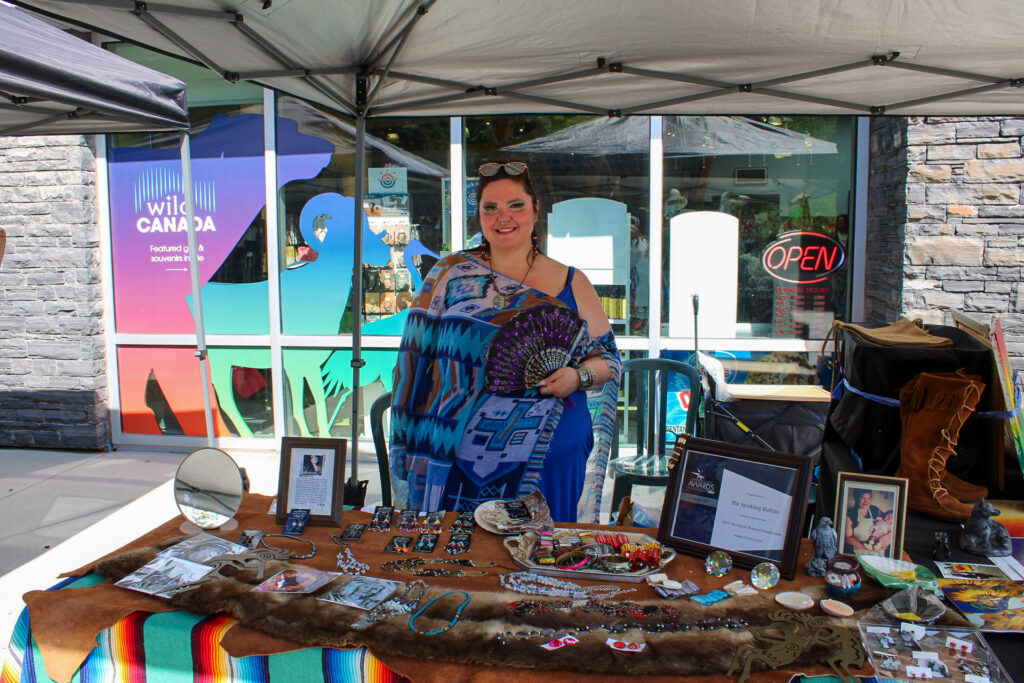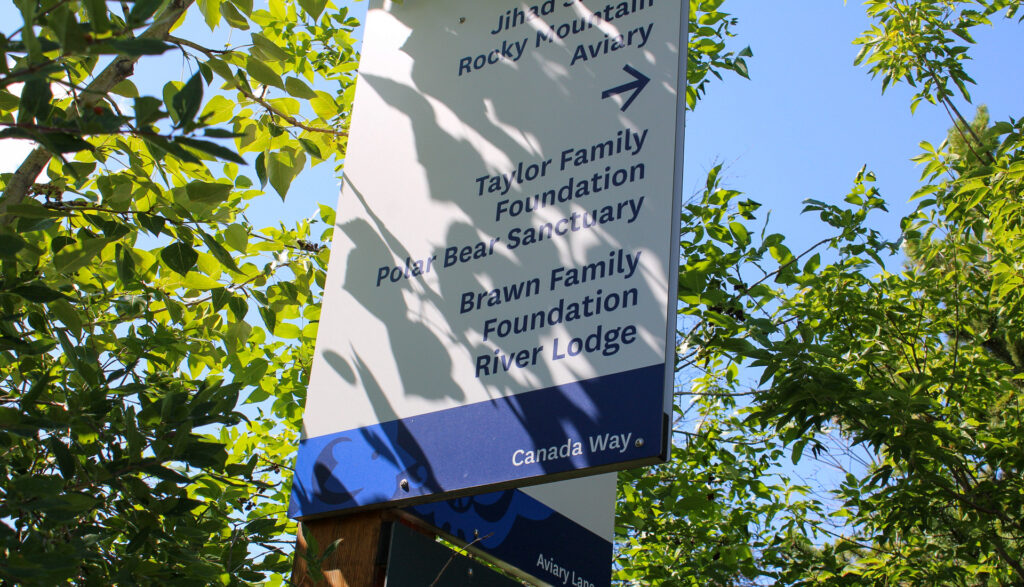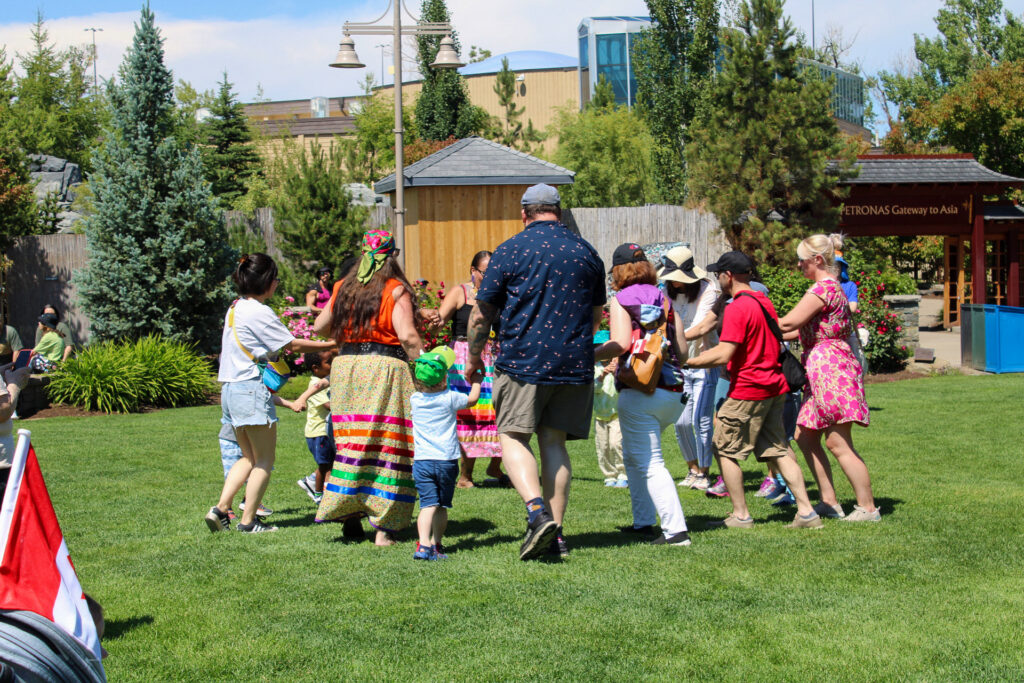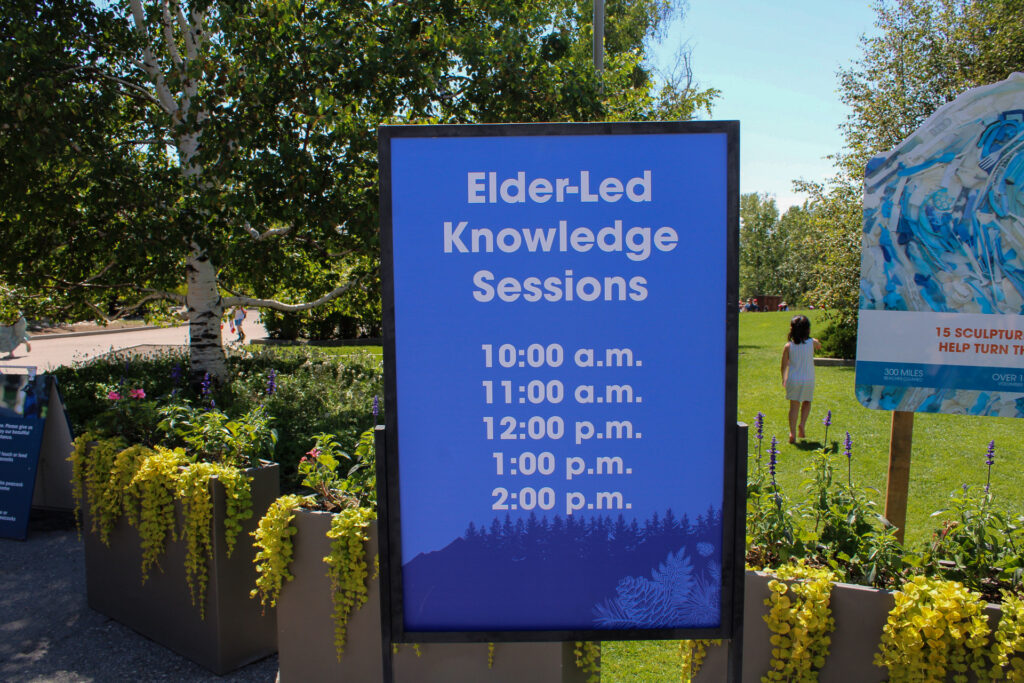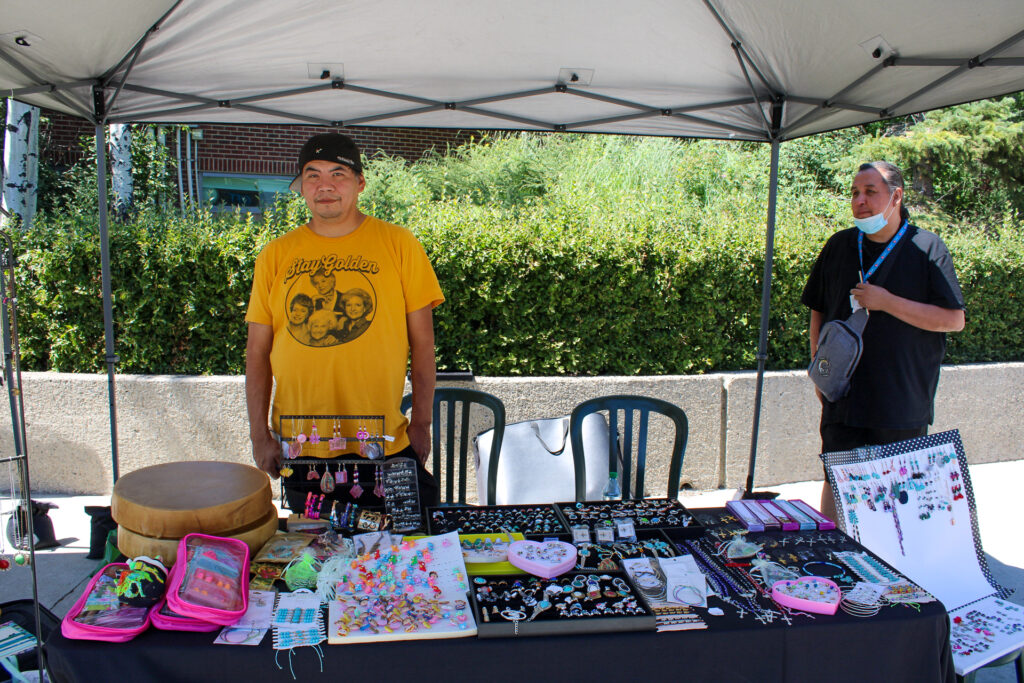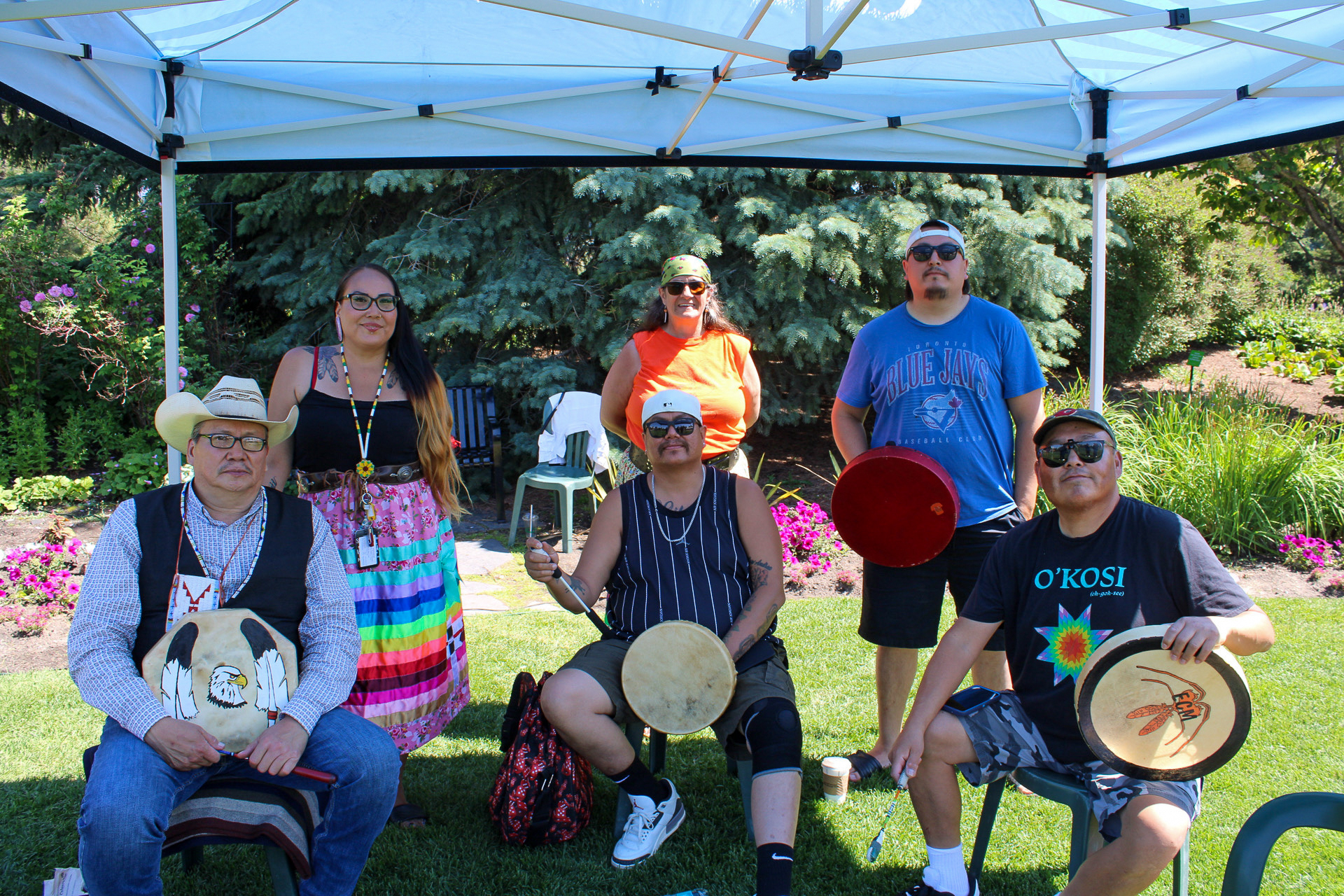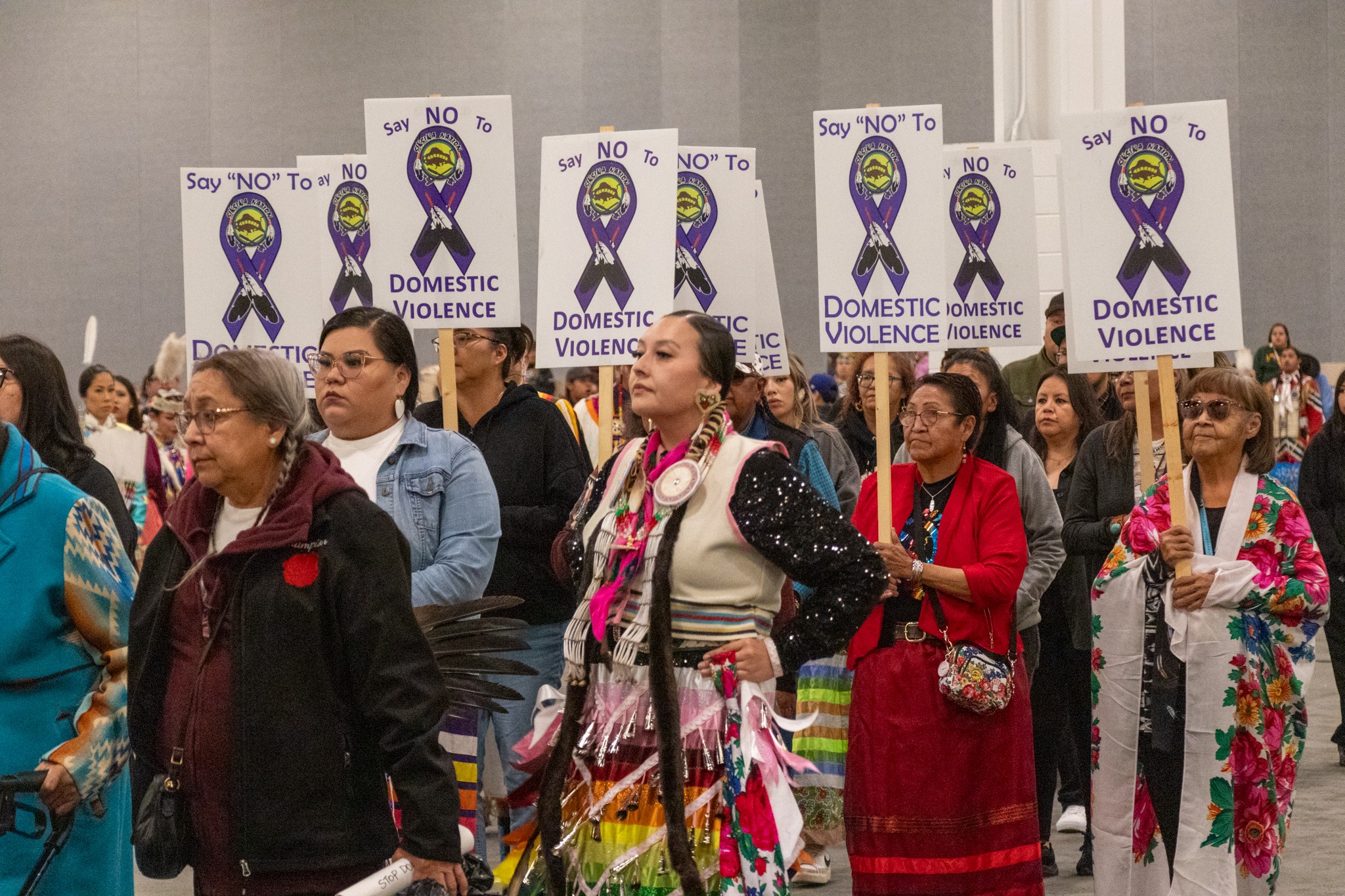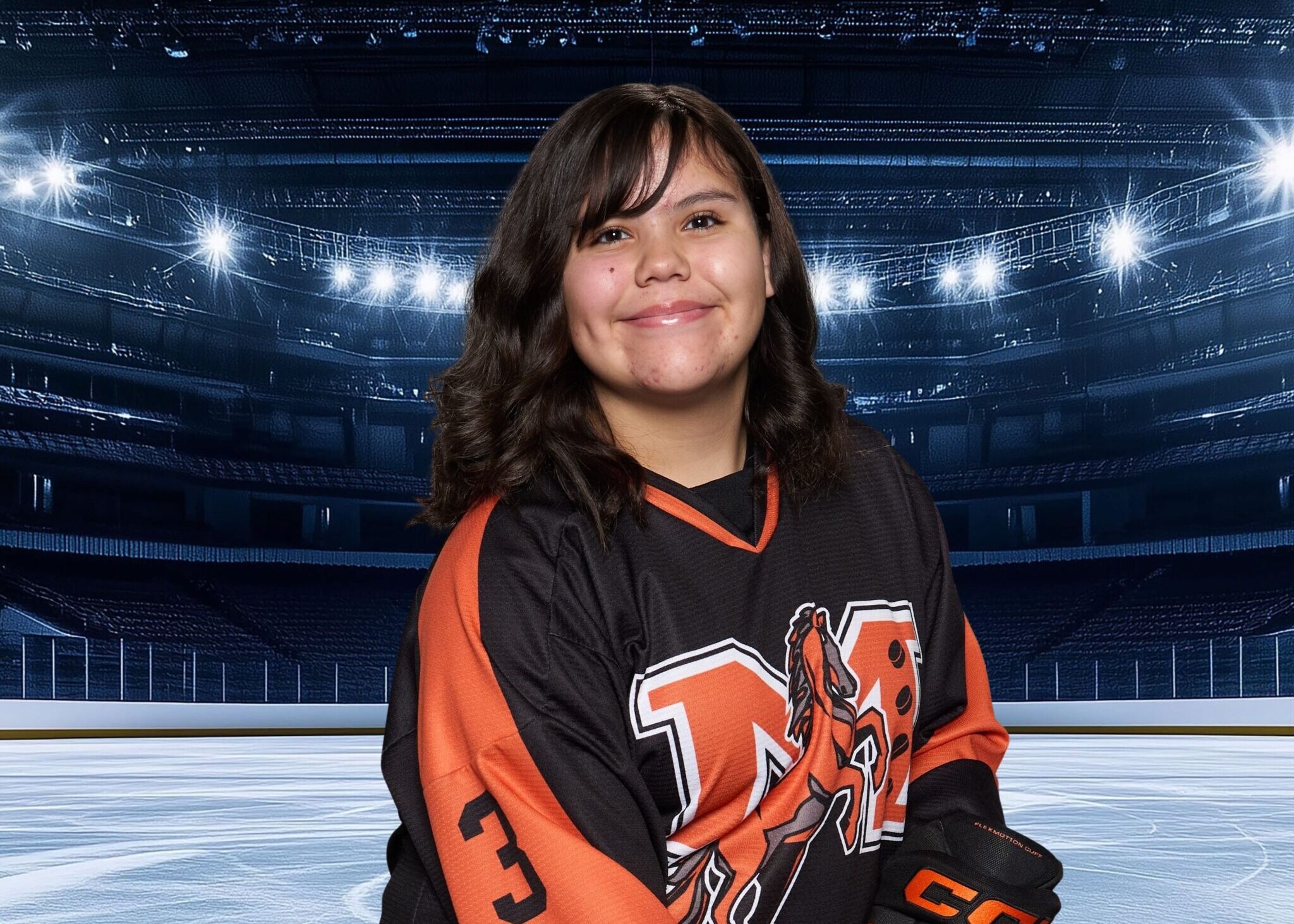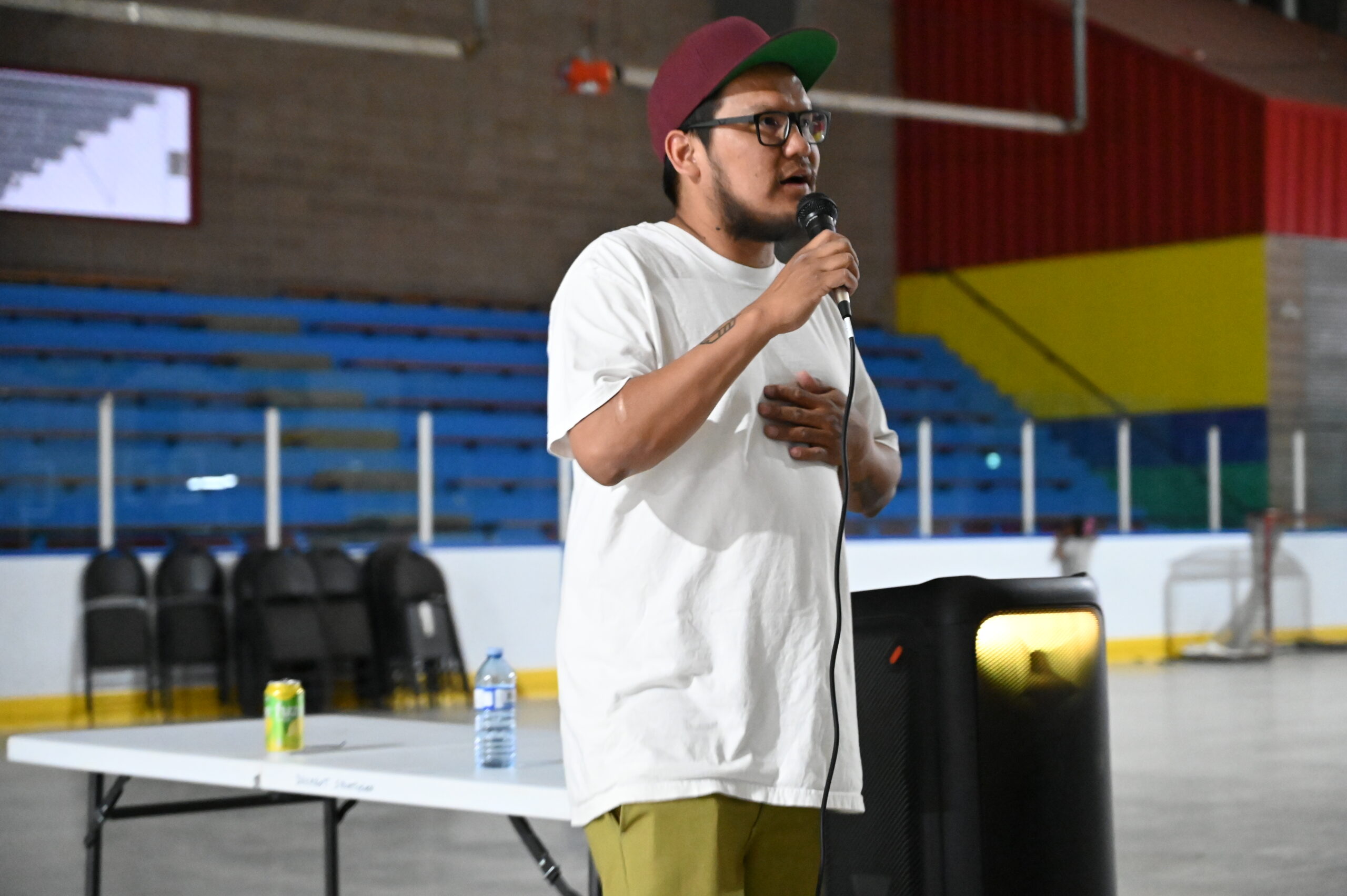By Lexxington Many Heads
The Wilder Institute/Calgary Zoo (The Zoo) has been a long-standing charitable conservation organization and in recent years has deepened its commitment to inclusion and the respectful celebration of Indigenous culture. In 2022, the organization signed a Memorandum of Understanding (MOU) with Siksika Nation — a big meaningful step in the direction of reconciliation. This agreement laid the foundation for ongoing collaboration and knowledge-sharing, especially around the land and the species that hold deep significance for Indigenous communities. From this strengthened relationship, the zoo began working more closely with Siksika Nation member and traditional knowledge keeper Elder Adrian Wolfleg. Adrian now holds the position of Elder in Residence at the Wilder Institute/Calgary Zoo. He played a crucial role in the incorporation of Indigenous knowledge, storytelling, and art in the redeveloped Wild Canada Zone — helping ensure that the connections between people, land and wildlife are meaningfully represented. His involvement continues to inform staff and volunteer learning, and some programming, creating opportunities for Indigenous perspectives to be shared in respectful and authentic ways.
On July 1, 2025, the zoo hosted a vibrant Canada Day celebration that blended wildlife experiences with cultural learning opportunities. Guided by Elder in Residence Adrian Wolfleg, the day included Indigenous-led storytelling sessions, artist vendors, and enrichment demonstrations —some originally planned for National Indigenous Peoples Day. However, that event was postponed due to extreme weather. The result was an inclusive, meaningful experience that invited visitors to reflect on the deep connections between people, land, and wildlife, and to celebrate the spirit of community and reconciliation. Adrian has shared his traditional knowledge and life expertise far and wide with many people, for many years. With the help of his guidance, the Wilder Institute/Calgary Zoo provided a day where Indigenous teachings and culture could be shared.
Adrian’s insights into the planning process and key goals helped shape the event. An important aspect of the event was ensuring that families from local Indigenous communities —who many not otherwise have had the opportunity —were invited to attend through the distribution of free admission passes. In discussions on how to get people to go to and who to talk to, Adrian advised that the Alberta curriculum facilitates elementary students taking field trips to the Wilder Institute/Calgary Zoo, so elementary students (and their families) were set as the initial target audience. Upon reaching out, Siksika Chief Old Sun school, Chiila Elementary school, and a language teacher in Mini Thni who worked with Eden Valley and Big Horn shared tickets with students and their families. In an effort to ensure a diverse group of attendees and remove barriers to attendance, the zoo gifted complimentary tickets to students and their families, and Adrian worked with groups in the city such as The Aboriginal Friendship Centre of Calgary, who were called “The hub in the wheel of the Aboriginal community”, The Urban Society for Aboriginal Youth, who have been around for two decades and work with hundreds of youth every month, and with The Circle of Wisdom Elders & Seniors, so that they could bring their kids or their grandkids to the zoo. In addition, Adrian leveraged his community connections — from former social work students to local organizations in Strathmore and the Calgary Library — to share passes with a wide range of families and individuals. “I do drop-in programs [at the Calgary Library], so I talk with different people who come in through here and we see some people that have different challenges and would otherwise, not have been able to go,” Adrian shared. Left to serendipity, Adrian offered leftover passes to people with families who are new to Canada, migrant workers, cab and UBER drivers – anyone with a family who he would come across.
The second part of the process was to be able to create information sessions for the public and to promote Indigenous teachings, history, our people, and artisans. Adrian explained, “We didn’t want it to be just general stuff —things that you could google,” So, they looked within the Indigenous communities and invited elders to share their experiences and teachings. Elder-led knowledge sessions were held throughout the day in locations such as the Brawn Family Foundation River Lodge at the Wilder Institute/Calgary Zoo, and featured Metis Elder Edmee Comstock; Alice Kaquitts of the Stoney Nakoda Nation; Tiffany Harper from Peguis First Nation; Michelle Robinson of the Dene Nation; and Adrian Wolfleg of the Siksika Nation. Adrian has worked with Edmee for two decades, and as the youngest of 15, she shared her life experiences growing up, her recollections of walking with her grandparents to walking with her grandchildren, berry picking, and life lessons. Michelle Robinson did a session titled, What’s in the Name, which discusses what they mean by Treaty, status, non-status, Metis, and Inuit. Adrian also did a session titled, Nature’s University, and he talked about traditional teachings of the stars, guidelines, maps, rivers, landmarks, landscapes, and the grandparent teachings – courage, honesty, bravery, and more. Adrian recalls one women’s session being so popular that, despite setting out fifty chairs, they had to bring in extras because “there were that many people!”. Each elder shared heartfelt reflections of their life experiences and deep knowledge about our relationship to nature. They helped educate people in a good way, to share teachings and, as Adrian shared, “not to present it as exotic”, rather to present it as facts and teachings for day-to-day life.
In addition to the elder-led sessions, the day also featured a friendship round dance on the Asia Lawn and local Indigenous vendors. The drumming group, Blackfoot Drummers— Clarence (Skip) Wolfleg Jr., Eldon Weasel Child, Cole Healy, and James Black Rider — sang and drummed beautifully with the help of Charity Weasel Child and Chantel Ethier, who instructed the round dance and encouraged people to join. In one of the afternoon’s round dance activities, over 100 people took part, and the attendees had a joyful time dancing together. Local vendors – with the assistance of Boy Chief Trading Post – Lena Breaker, Patrick Breaker, and Sarah Buffalo, were invited to display their beautiful, handmade artwork and jewellery, located at the entrance of the park. Adrian mentioned that with a focus on increasing engagement with vendors, they selected a smaller number of artisans.
Despite the heat, the celebration on July 1, 2025, had a great turnout and featured many engaging and heart-warming sessions that were presented throughout the day. There has already been a strong interest in repeat or additional sessions. Visitors shared with Adrian their immense gratitude for the opportunity to bring their families to the zoo — one family even shared that it was their first activity outside of the reserve. Adrian reflected, “We had new Canadians who have shared that they were so happy to take part in the learning and the teachings and sat in on every session they could”. Adrian also expressed his gratitude to the Wilder Institute/Calgary Zoo: “I really appreciate the Wilder Institute/Calgary Zoo staff, leadership, and volunteers for their forward thinking, and their willingness to hear us, learn, and work together.” Adrian is hopeful that this beautiful, cultural, and informative event will become an annual tradition — one that continues to create space for learning, connection, and celebration.
